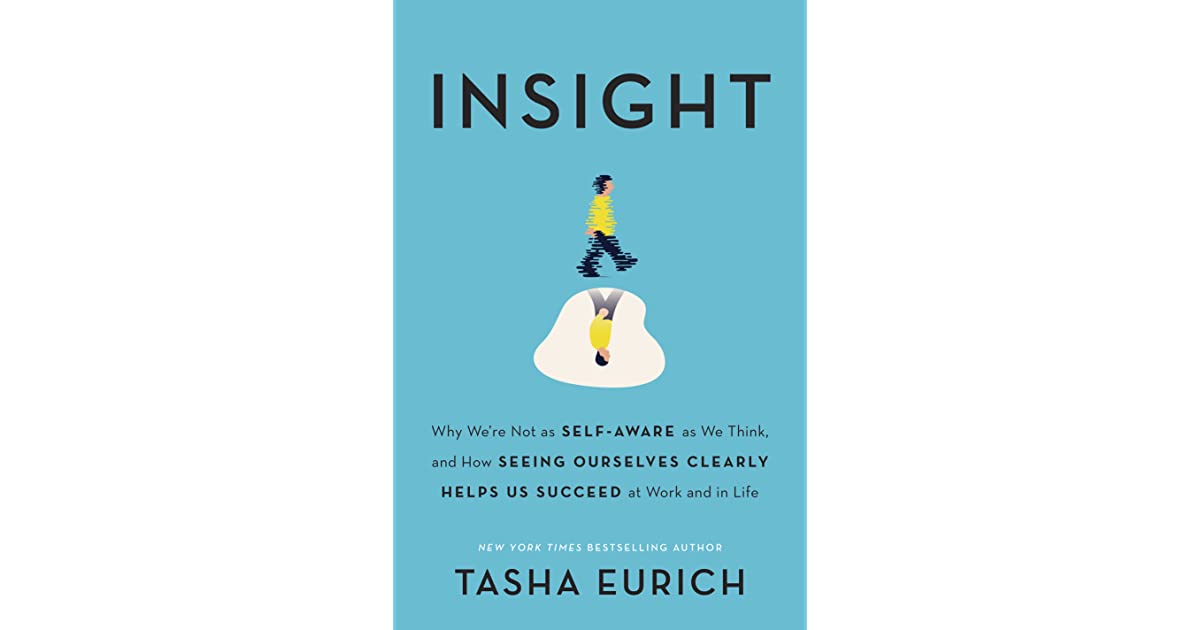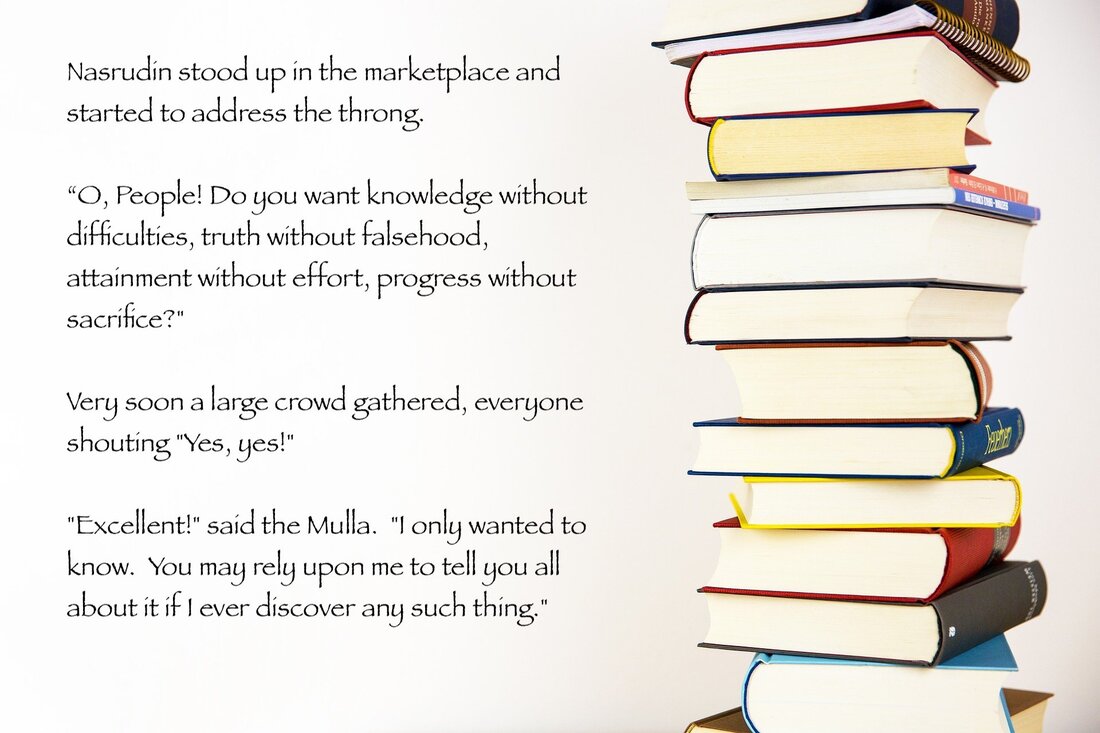|
Image by mohamed Hassan from Pixabay Everyone has their comfort zone. It feels safe. No risks are involved. You know your territory.
But, it's dangerous there when you're too comfortable. You're too isolated and you risk missing out on good and useful ideas. It's an interesting irony that some of the people most prone to stay in their comfort zone are educators. It may be their job to push others out of their comfort zone, but educators often don't stray from their comfort zone. The world is filled with interesting people and big ideas. Some of these could be very useful to you though they are not directly related to your field. You'll never know if you don't step outside your zone and explore. Are you in the health care industry? Learn about engineering, design thinking, philosophy. Are you an educator? Learn about health care, marketing, construction. Are you a student? Learn about everything you can. Start with the assumption that every subject has something to teach you. Start with the assumption that every subject is related to what you're interested in. Now, go and find how they are related.
0 Comments
A story about the Mulla Nasrudin:
Nasrudin stood up in the marketplace and started to address the throng. "O, People! Do you want knowledge without difficulties, truth without falsehood, attainment without effort, progress without sacrifice?" Very soon a large crowd gathered, everyone shouting "Yes, yes!" "Excellent!" said the Mulla. "I only wanted to know. You may rely upon me to tell you all about it if I ever discover any such thing."
Image by Ulrike Mai from Pixabay
The psychologist Martin Seligman helped discover the phenomenon of learned helplessness. As described by Kendra Cherry “Learned helplessness occurs when an animal is repeatedly subjected to an aversive stimulus that it cannot escape. Eventually, the animal will stop trying to avoid the stimulus and behave as if it is utterly helpless to change the situation. Even when opportunities to escape are presented, this learned helplessness will prevent any action.” Originally discovered in studies of animals the findings have been shown to apply to people as well. Recent studies indicate that this helplessness may not be learned but rather an institual response to environmental conditions. In either case, it can be a problem.
Image by Hai Nguyen Tien from Pixabay
Education is something that seems to be "done" to students. But, that's just the problem. We don't have a "culture of doing" focused on students. We do to them, instead of getting them to do for themselves. We try to educate them instead of encouraging them to learn. Of course, this problem begins long before they reach the college classroom. As a vice president at Enterprise Rent-a-Car, Marie Artim pointed out “This is a generation that has been ‘syllabused’ through their lives." http://www.washingtonpost.com/news/grade-point/wp/2015/01/26/why-are-so-many-college-students-failing-to-gain-job-skills-before-graduation/ I want to teach my students that:
Everything is connected. Everyone's beliefs should be examined from time to time and questioned. The world is filled with interesting people, places, and ideas. They have something to contribute to the world. But, I can't. These lessons can't be taught, they must be learned. That requires the student to do something. I can create the conditions for learning to occur. I can introduce topics to discuss and debate and question. But, ultimately, it is the student's choice whether to learn something or not. Sadly, many are choosing to do something else.
Image by Gerd Altmann from Pixabay
In his book Basic Economics, Thomas Sowell writes about his experience as an undergraduate in economics: "When I was an undergraduate studying economics under Professor Arthur Smithies of Harvard, he asked me in class one day what policy I favored on a particular issue of the times. Since I had strong feelings on that issue, I proceeded to answer him with enthusiasm, explaining what beneficial consequences I expected from the policy I advocated." "And then what will happen,” he asked. The question caught me off guard. However, as I thought about it, it became clear that the situation I described would lead to other economic consequences, which I then began to consider and to spell out. "And then what will happen after that?" Professor Smithies asked." If we are open to them, many philosophers have useful lessons to teach us that we can apply to our everyday life. Here are just a few examples:

Tasha Eurich’s book titled Insight: Why We're Not as Self Aware as we Think, and How Seeing Ourselves Clearly Helps Us Succeed at Work and in Life is…well the only word for it is “insightful!”
But, achieving insight takes deliberate effort and does not come naturally. As she points out, “In the absence of a committed effort to build self-awareness, the average person makes only meager gains as they grow older.”
Which are you going to choose to focus on? You can't focus on both and you can' use the items on the first list to buy items on the second list. Which is worth more?
Which will matter in a month? a year? a decade? The ancient art of Feng Shui is premised on the idea that your environment affects your well-being. While many people find some of the points of Feng Shui suspect and superstitious, there is no doubt that the underlying principle is true. A more contemporary version of this insight is a central feature of design thinking. When you create solutions for people you need to do so with their needs in mind. Imposing solutions on people without considering their reactions and situations often leads to more problems that need fixing. Here’s a good example. Conventional MRI technology looks like the photo below: For children who need to undergo the procedure the sedation rate is over 80%. In other words, 8 out of 10 children must be given some sort of sedative to even get them to go into the machine. But, for the very same technology pictured below the sedation rate is below 1%. The difference? The MRI below has been designed with the end user in mind. Do we do the same in our classrooms? Sometimes we do, in kindergarten and elementary school. But, as children grow up we seem to think that design matters less and less. So, by the time I see students in a college classroom, we have them in spaces that often give no thought to their needs. Somehow, adults are considered not to be in need of design solutions. Nothing could be further from the truth.
Most college classrooms probably look like mine. Concrete walls, few pictures on the wall, fluorescent lighting, uncomfortable seating. How does this enhance the learning experience? In my case, the irony is that the building has very nice conference rooms with more natural lighting, better seating, nicer ambiance. They remain empty most of the time being reserved for important meetings. The message this sends is that meeting with students in a class is not important enough to warrant the use of these spaces. Nice. A little design thinking would go a long way in education. Not only would it help with the physical environment but also with the learning itself. Do most professorial lectures take into account any design principles? Hardly. Do most PowerPoint presentations take into account design principles? Mostly not. A few good places to start might include:
|
KEVIN J. BROWNEPhilosopher / Educator These blog posts contain links to products on Amazon.com. As an Amazon Associate I earn from qualifying purchases.
Categories
All
Archives
April 2023
|










 RSS Feed
RSS Feed
















